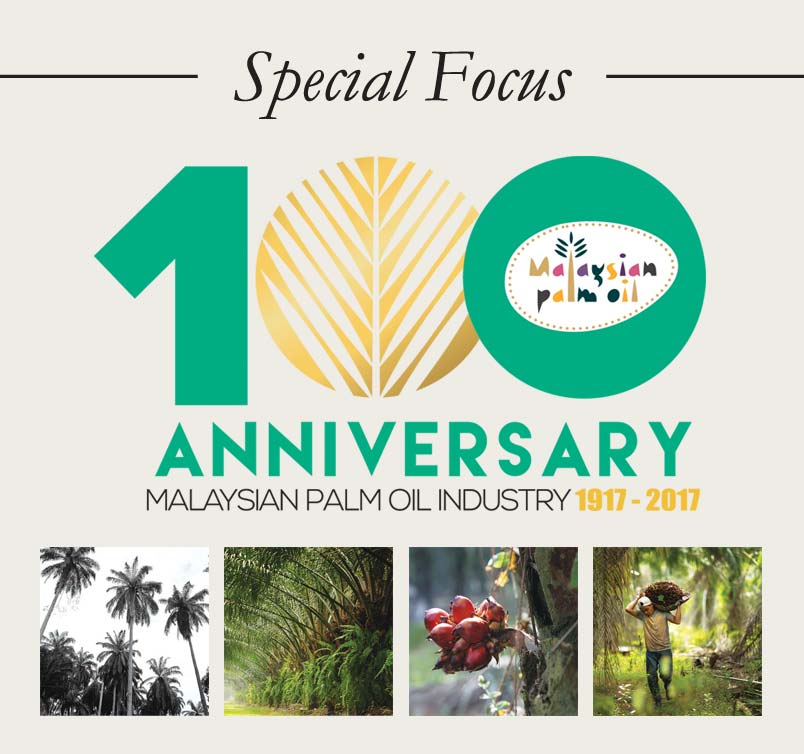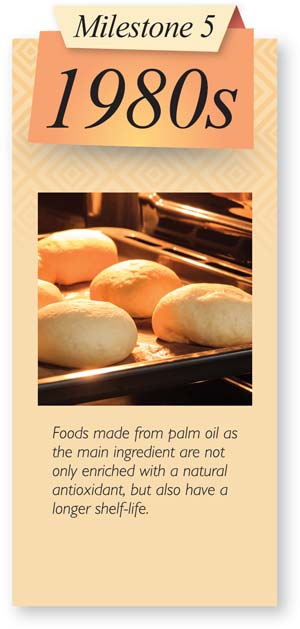




Using scientific evidence, Malaysia successfully defeated the ‘anti-tropical oil’ campaign which manipulated the perception that saturated fat content in palm oil was harmful to health.
In the 1980s, Malaysia’s palm oil industry came under attack when the public became alarmed by a concerted campaign communicating that food products containing tropical oils were linked to increased risk of coronary heart disease (CHD).
The campaign came about at a time when tropical oils were making inroads into the US soybean oil market as an alternative vegetable oil. It was built on the realisation that tropical oils are higher in saturated fats – then theoretically associated with the risk of CHD. The campaign forced food manufacturers to remove tropical oils, including palm oil, from their products and to replace them with partially hydrogenated vegetable oils. Ironically, this was to lead to an increased intake of harmful trans fats, which later became the target of the same advocacy groups.
In response, the Malaysian government, through PORIM, intensified research on palm oil nutrition and its effects on health. Several collaborative studies with foreign institutions were also conducted independently. Interestingly, the results of these scientific studies discovered that palm oil, despite its relatively high degree of saturation, is nutritious and exhibits several health attributes. These revelations effectively uncovered the truth about palm oil, debunked the allegations made against it and later led to the demise of the ‘anti-tropical oil’ campaign.
Palm oil is deemed a suitable replacement for partially hydrogenated vegetable oils. It is recognised by the WHO/FAO as wholesome and nutritious for human consumption. It is also the world’s most popular vegetable oil, consumed by more than 3 billion people in more than 150 countries.
MPOC
Part 2 will appear in the next issue.